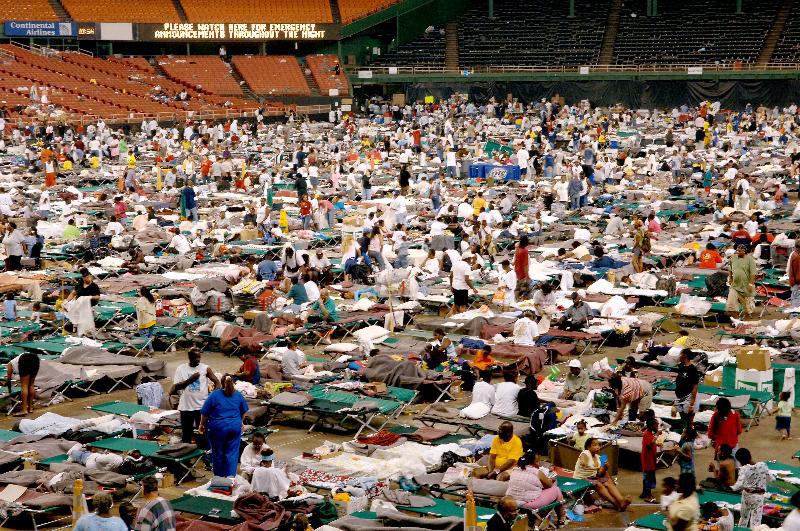I said I started a blogging spreadsheet. One of the first questions was "What are the types of scenarios I'm preparing for?"
But before we get to that I couldn't seem to get the "typical" images of preppers out of my mind. It seems like almost as much discussion is given over to how you intend to protect your preparedness, as to what to prepare for.
One page talks about protecting lines of attack, teaching your kids to shoot, and things like that.
One question I have is what do you do with the dead bodies? Do they just pile up? Do you have to bury them? A Christian burial or one of their faith (assuming you can figure THAT out)? What if you shoot several people you believe are coming over for your food, but have dinner guests over that evening? Do you have clean them up that same day, or (for example) if you're busy cooking dinner for your guests, is it OK to just have your guests step over them for that evening?
I don't get this I'll shoot someone idea. Dealing with dead bodies isn't my skill set. There's perhaps a reason my ex is still alive and well.
So early on in this prepping thought exercise, I came up with Three Axioms...
1. I'm not willing to kill or harm a person who comes to me seeking food.
See above... maybe it's my Christian history (feed the hungry, clothe the naked, etc.), but I just couldn't do that. No need to lay in a bunch of weapons.
2. I'm prepping for events more likely to happen rather than less likely to happen.
So... Superstorm Sandy, yes... Zombie Apocalypse, not so much. What would I do if I have no guns and the Mutant Zombie Bikers (MZBs) came to visit? I dunno, I have a motorcycle endorsement on my Drivers License from back when I rode a Vespa Scooter for a year or two, so I guess I could join them. Right.
What about long term changes in society? Well, I'm educated, I have some basic camping/scouting skills under my belt, I own a boat and can sail. I think in this case, I'll learn/suffer with the rest.
3. I'm willing to move on to other places if that seems prudent.
So if a long term war comes to Delaware, I'll drive the 3 min to Pennsylvania. Yes, I'm being a smart ass... but here's the thing... while I love my life right now, I love life even more. If it becomes clear that society isn't going to be nice where I'm at, I'm willing to shelter in for a bit, but then it may be time to move on.
A couple of examples... I kind of liked the place I grew up in central PA, but the economy tanked when the steel industry collapsed around the time I was getting out of college, and so I've never really went back except for short visits. My ancestors did the same... things got bad over in Europe, they came over here. So if the East Coast becomes unlivable for whatever reason, try the West, or maybe join my wife's family over in China. The world has options... yes, I'm a patriot and love the USA, but...
Finally some Assumptions.
1. Large scale society continues to function at some level - even if government is incompetent.
2. Water might get interrupted for a period, but would probably be restored.
3. Natural gas will continue to flow except in earthquake situations
4. Water could get contaminated for a longer period but would be OK for washing, etc.
5. Shelter in place whenever possible, but
6. Have 3 to 5 day a "bug out" kit just in case.
So, for events like storms, remember Katrina. I want to have stuff at home to avoid the Superdome, but may have to move on with buses to Texas.









